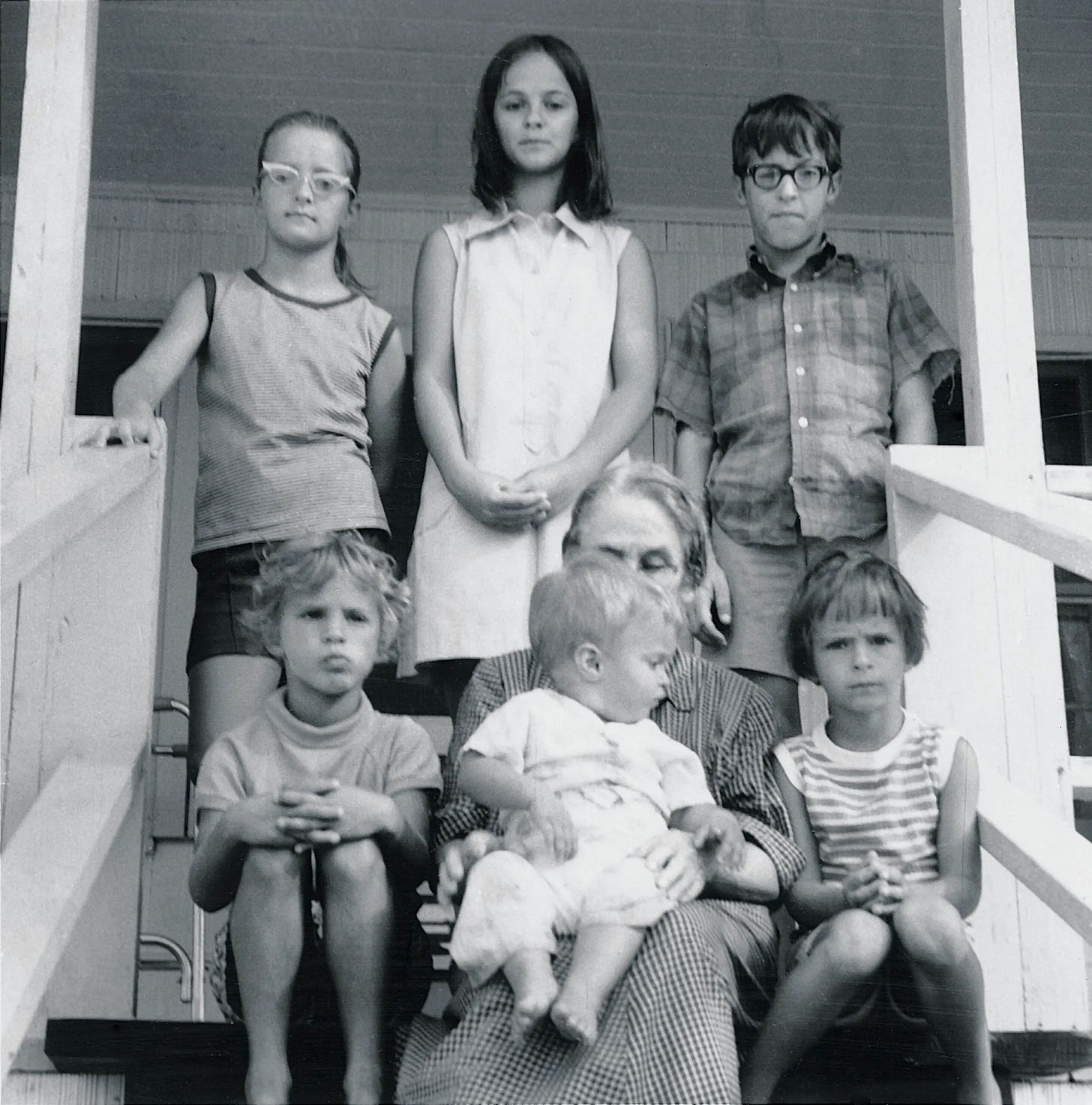As I prepare to write and share a personal essay for my opinion writing I class, I keep thinking about the value of privacy. I’m not necessarily a private person, in that I tell my friends everything, but I’m not used to airing out my business to my peers and the internet. The professionals — writers, comedians, musicians — tend to put everything out there. I always wonder what their family must think about it. How would my brother feel if I permanently and publicly shared the time he got bit by a penguin and cried? In David Sedaris’ 2004 essay “Repeat After Me,” he addresses this directly. Sedaris has made a name and a living writing about other people’s business. Many of his essays concern his childhood and his relationship with his many siblings and partner. In this story, he writes about visiting his sister Lisa and telling her that one of his books is going to be turned into a movie. Her reaction causes him to reflect upon his writing style:
“She’s afraid to tell me anything important, knowing I’ll only turn around and write about it. In my mind, I’m like a friendly junkman, building things from the little pieces of scrap I find here and there, but my family’s started to see things differently. Their personal lives are the so-called pieces of scrap I so casually pick up, and they’re sick of it.”
If I may spoil, the essay ends with Sedaris showing remorse, but he doesn’t change. Even in the essay, he describes his sister’s academic troubles and her body image issues, and he’s written four more books of autobiographical essays since then. The thing is, I keep reading them, so who am I to judge? The actual question is, where do you draw the line between self-expression and exposing others? How can you reconcile a desire for privacy and a desire for attention?
If I find out, you’ll be the first to know.



